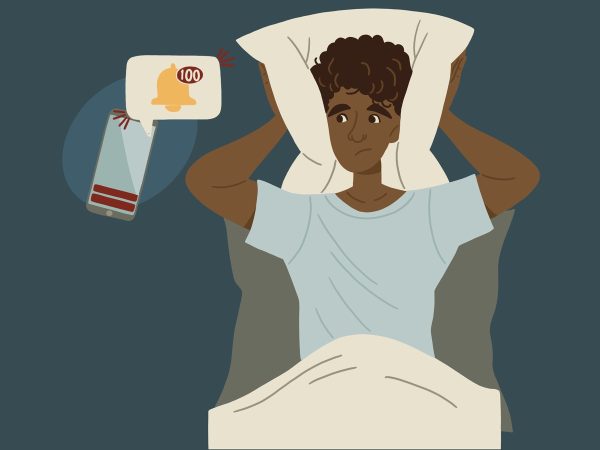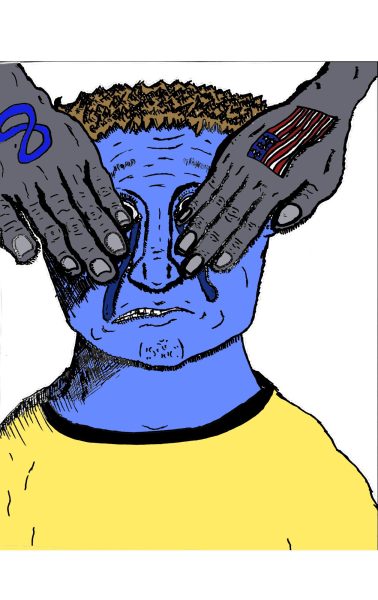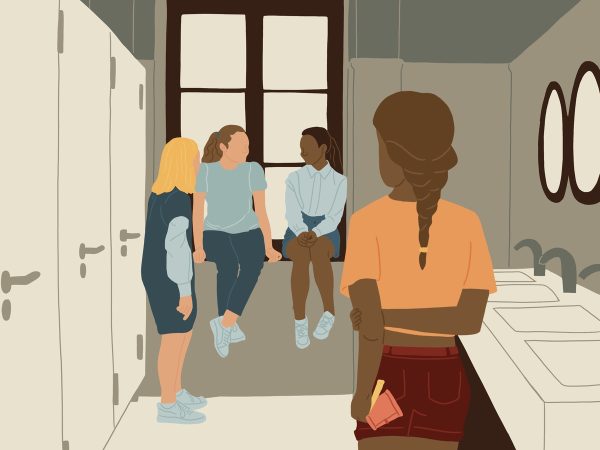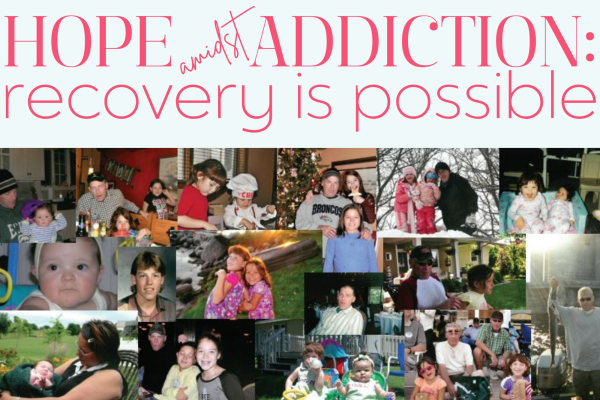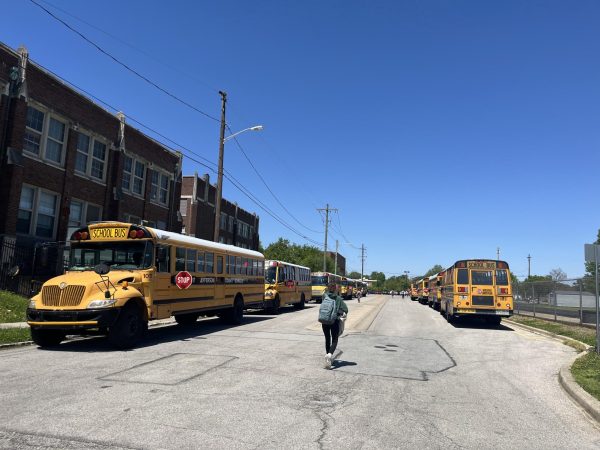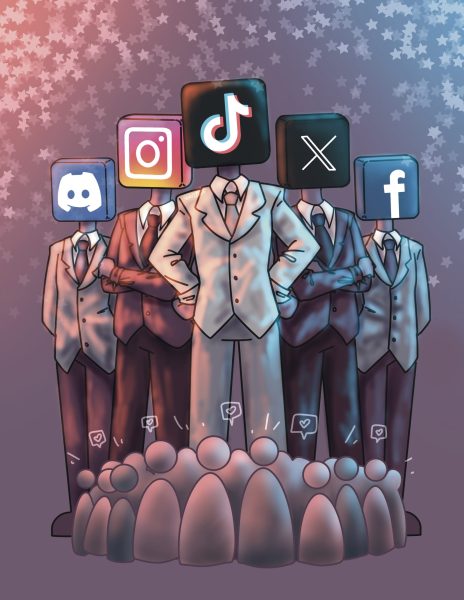Editorial: Call ‘imposter syndrome’ what it is: systemic oppression
Connecting Local to Global: Strategies to Empower Women in the Workplace / UN Women Gallery / Flickr / CC BY-NC-ND 2.0
Women often fall victim to the phenomenon “imposter syndrome” as a result of systemic discrimination.
December 10, 2021
If you’ve been around corporate America any time in the past decade, you might’ve heard the term “imposter syndrome” floating around. It’s a pop-psychology diagnosis that leaves the people affected feeling assuaged by being able to label themselves, but it shouldn’t — it’s thinly veiled racism and sexism.
Imposter syndrome was first coined in 1978 by psychologists Pauline Rose Clance and Suzanne Imes, who used it to describe women who felt like intellectual phonies. But their demographic circle was limited to high-achieving white women and conveniently left women of color and people of various levels, genders, and professional backgrounds out of the study.
This exclusivity is further exacerbated by the narrow vision of leadership that accompanies workplaces. Because predominantly white, heterosexual men have assumed these positions, marginalized identities are less likely to be candidates for these leadership roles.
Numbers don’t lie. Women and racial minorities are underrepresented at every level.
According to Lean In’s 2019 Women in the Workplace report, men hold 62% of manager positions compared to women, who hold 38% of positions. Only about one in five women are C-suite executives, and only one in 25 are women of color. Fewer than 5% of women of color hold Fortune-500 board seats, despite being 18% of the U.S. population.
The lack of representation for marginalized groups makes all the difference. When they cannot see people from similar backgrounds succeeding in their fields, it heightens feelings of not belonging. There’s nobody to model the possibility of mobilization in corporate environments, no signs of overcoming the stigma and oppression that accompanies minorities to move up the ranks.
But lack of representation isn’t the only factor. Racist and sexist microaggressions that dominate the workplace are also to blame. Lean In’s 2019 Women in the Workplace report shows that 73% of women experience day-to-day discrimination and bias.
The microaggressions include interrupting minorities in meetings, questioning their judgment, and more persisting beliefs about their inherent inferiority. Preexisting feelings of doubt are magnified by encounters with systematic discrimination. They’re made to feel like they don’t belong.
In truth, they don’t. Their presence has been met with begrudging tolerance due to decades of activism and legislation. Underrepresented individuals are stymied by corporations who remain stagnant in ideals of white supremacy.
Embracing imposter syndrome perpetuates exclusionary and meritocratic ideals. Characterizing it as a psychological issue absolves an oppressive system of any blame and instead shifts it onto the individual.
But its problems extend further than the individual. We need to stop internalizing the structural shame maintained by corporate culture. Instead, we should consider the harmful effects of a profoundly classist society.
Let’s shift the conversation. Rather than focusing on fixing the individual, we should fix our long-established system of bias and discrimination. That’s the actual problem.
*This article reflects the views of the editorial staff and was written by Marrisa Chow.
This story was originally published on Scot Scoop News on December 6, 2021.


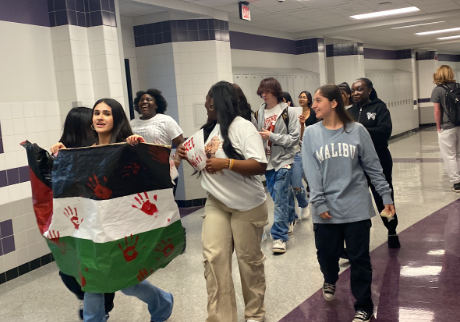


![With the AISD rank and GPA discrepancies, some students had significant changes to their stats. College and career counselor Camille Nix worked with students to appeal their college decisions if they got rejected from schools depending on their previous stats before getting updated. Students worked with Nix to update schools on their new stats in order to fully get their appropriate decisions. “Those who already were accepted [won’t be affected], but it could factor in if a student appeals their initial decision,” Principal Andy Baxa said.](https://bestofsno.com/wp-content/uploads/2024/05/53674616658_18d367e00f_o-1200x676.jpg)
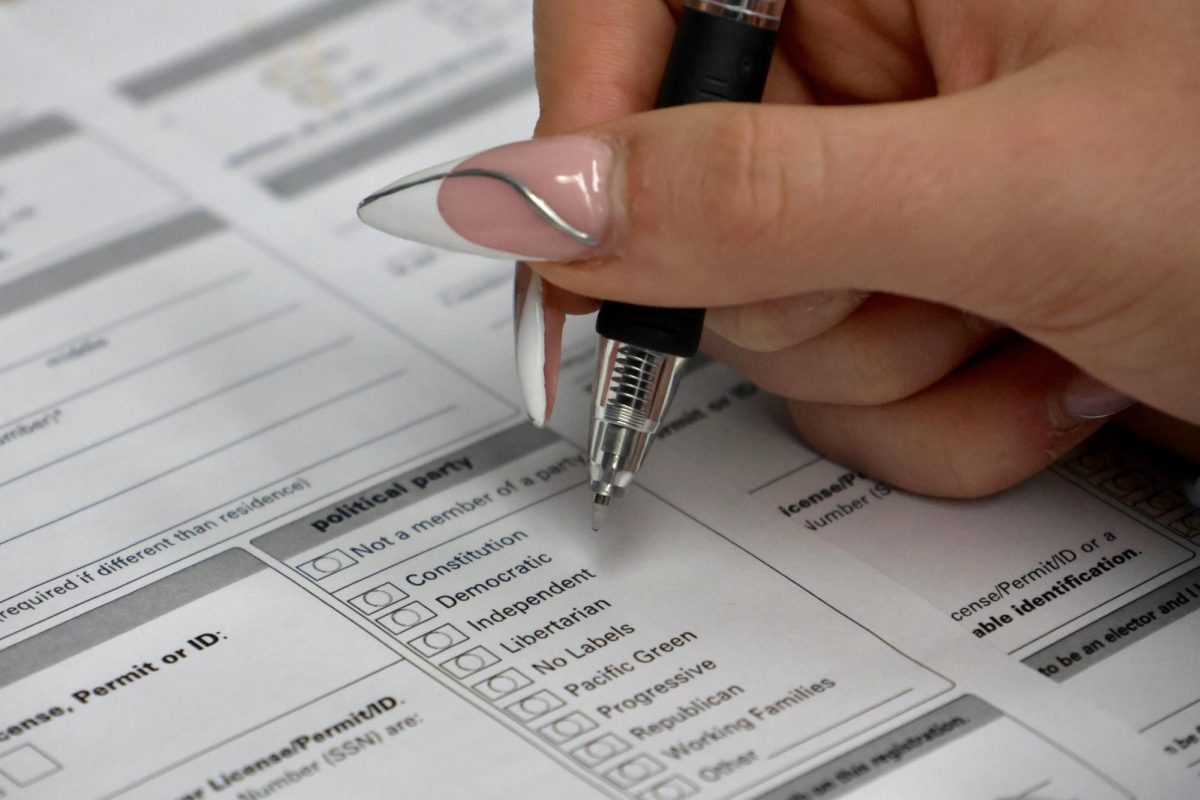


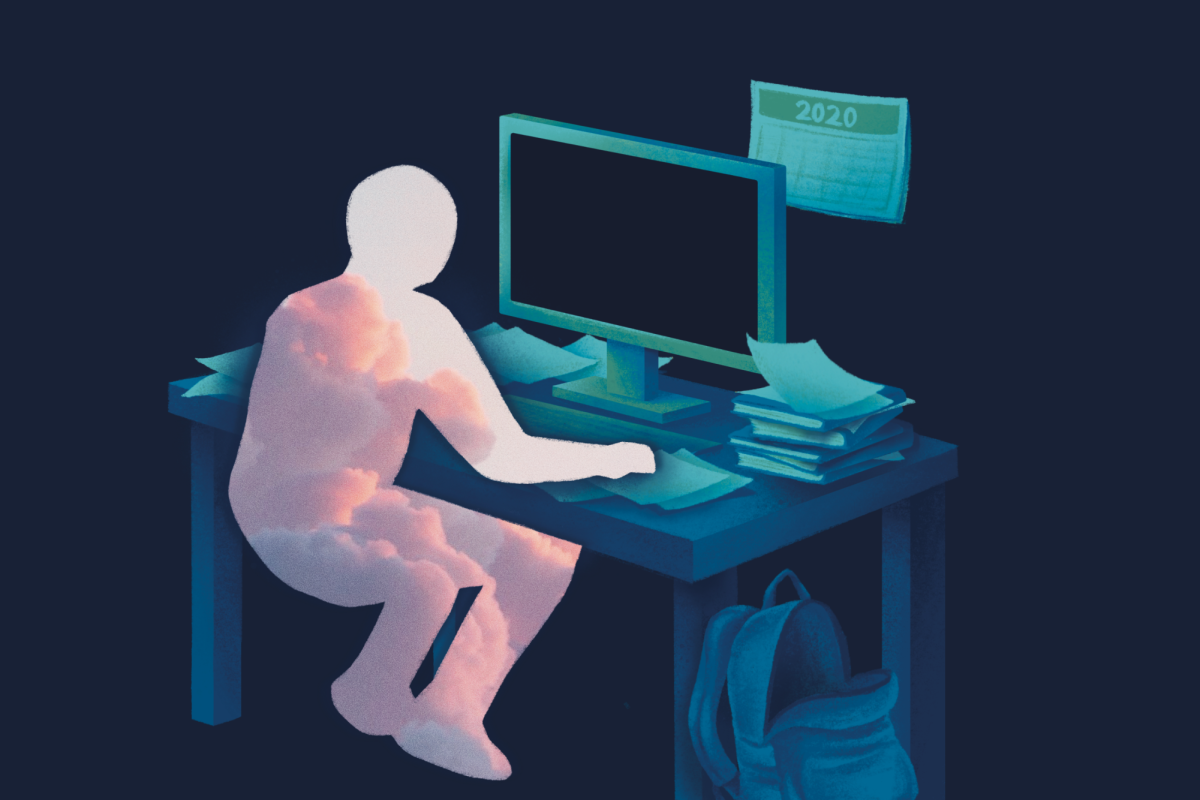


![Junior Mia Milicevic practices her forehand at tennis practice with the WJ girls tennis team. “Sometimes I don’t like [tennis] because you’re alone but most of the time, I do like it for that reason because it really is just you out there. I do experience being part of a team at WJ but in tournaments and when I’m playing outside of school, I like that rush when I win a point because I did it all by myself, Milicevic said. (Courtesy Mia Milicevic)](https://bestofsno.com/wp-content/uploads/2024/06/c54807e1-6ab6-4b0b-9c65-bfa256bc7587.jpg)








![The Jaguar student section sits down while the girls basketball team plays in the Great Eight game at the Denver Coliseum against Valor Christian High School Feb. 29. Many students who participated in the boys basketball student section prior to the girls basketball game left before half-time. I think it [the student section] plays a huge role because we actually had a decent crowd at a ranch game. I think that was the only time we had like a student section. And the energy was just awesome, varsity pointing and shooting guard Brooke Harding ‘25 said. I dont expect much from them [the Golden Boys] at all. But the fact that they left at the Elite Eight game when they were already there is honestly mind blowing to me.](https://bestofsno.com/wp-content/uploads/2024/05/IMG_7517-e1716250578550-900x1200.jpeg)
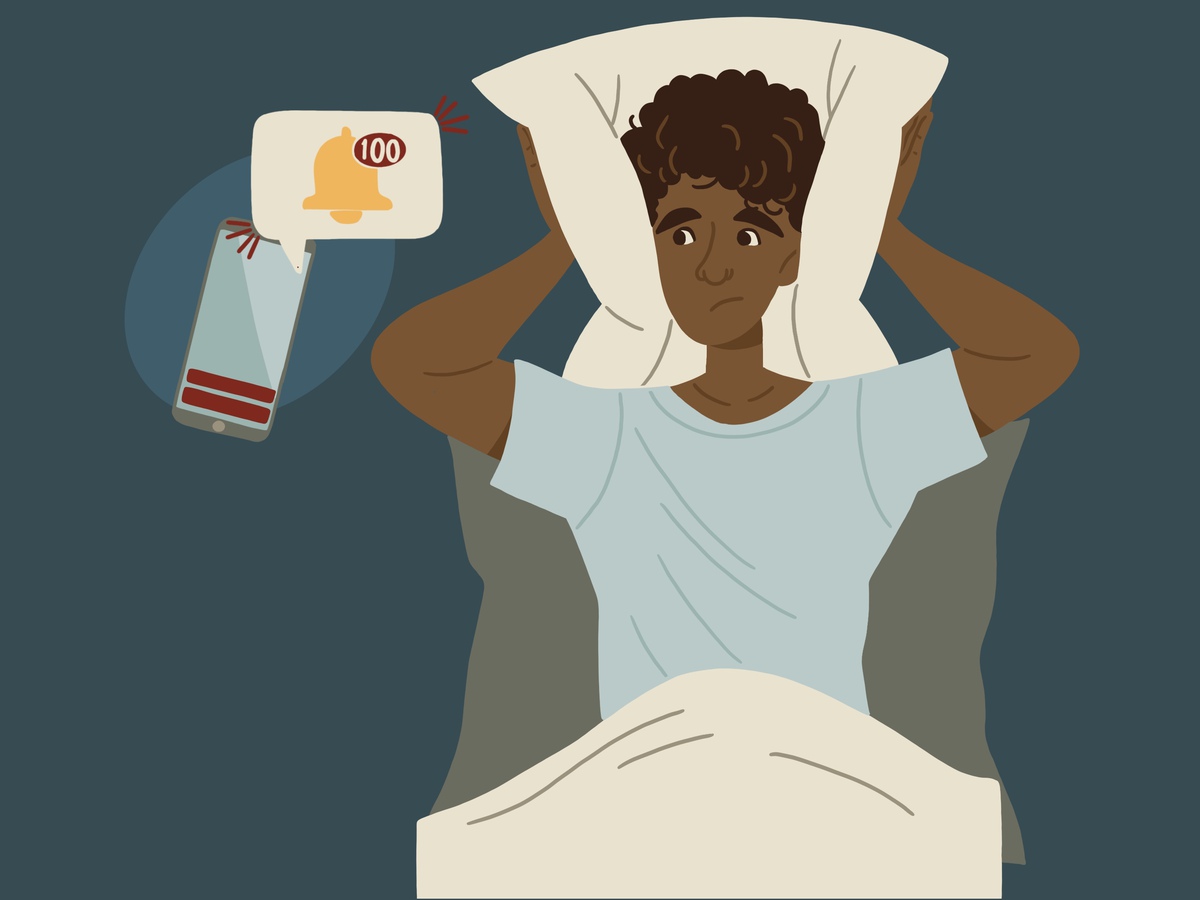
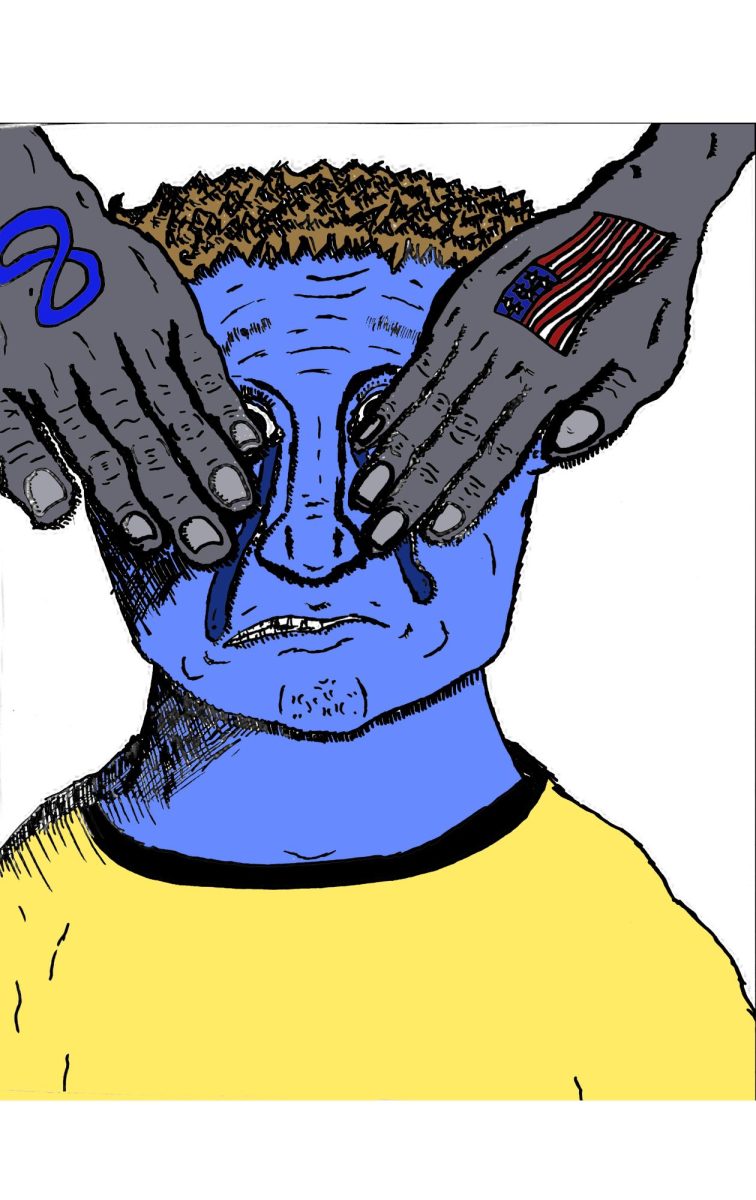
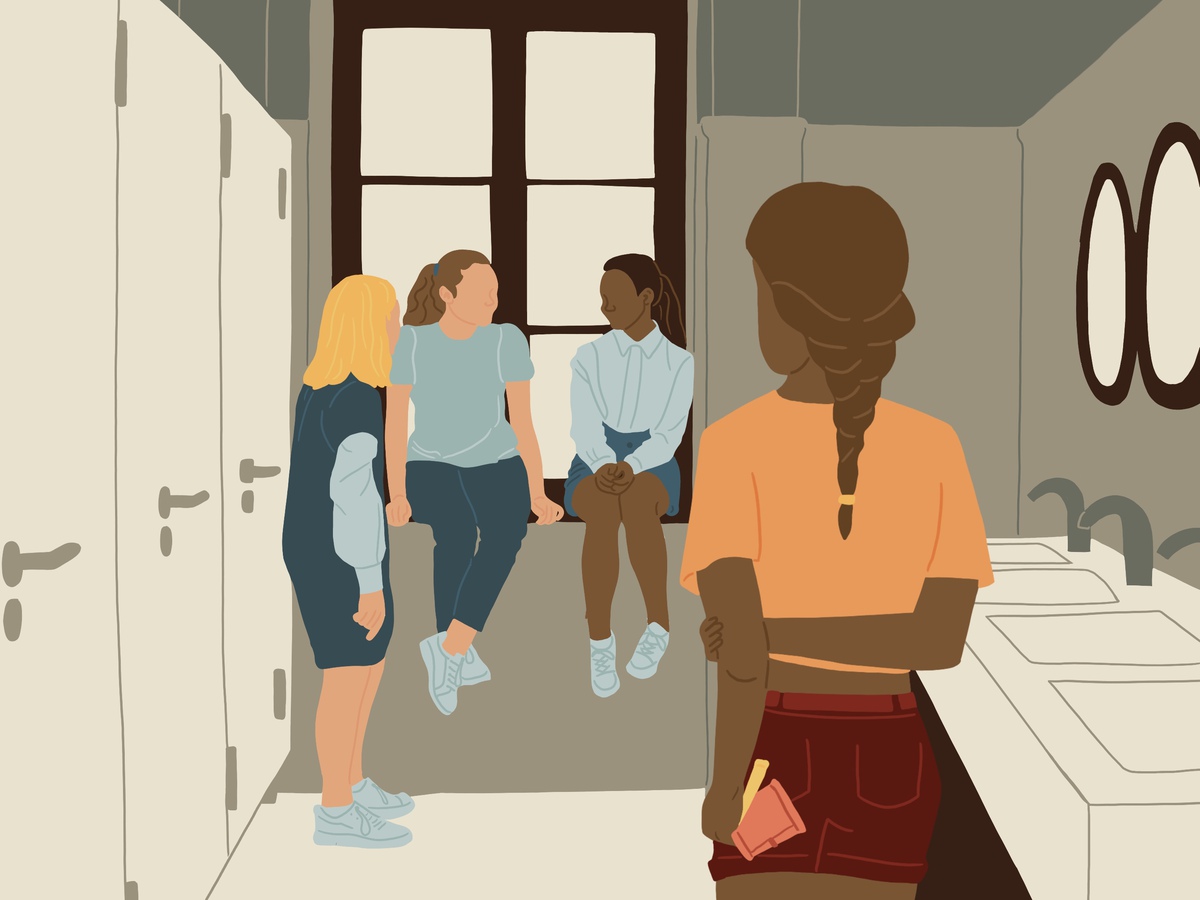



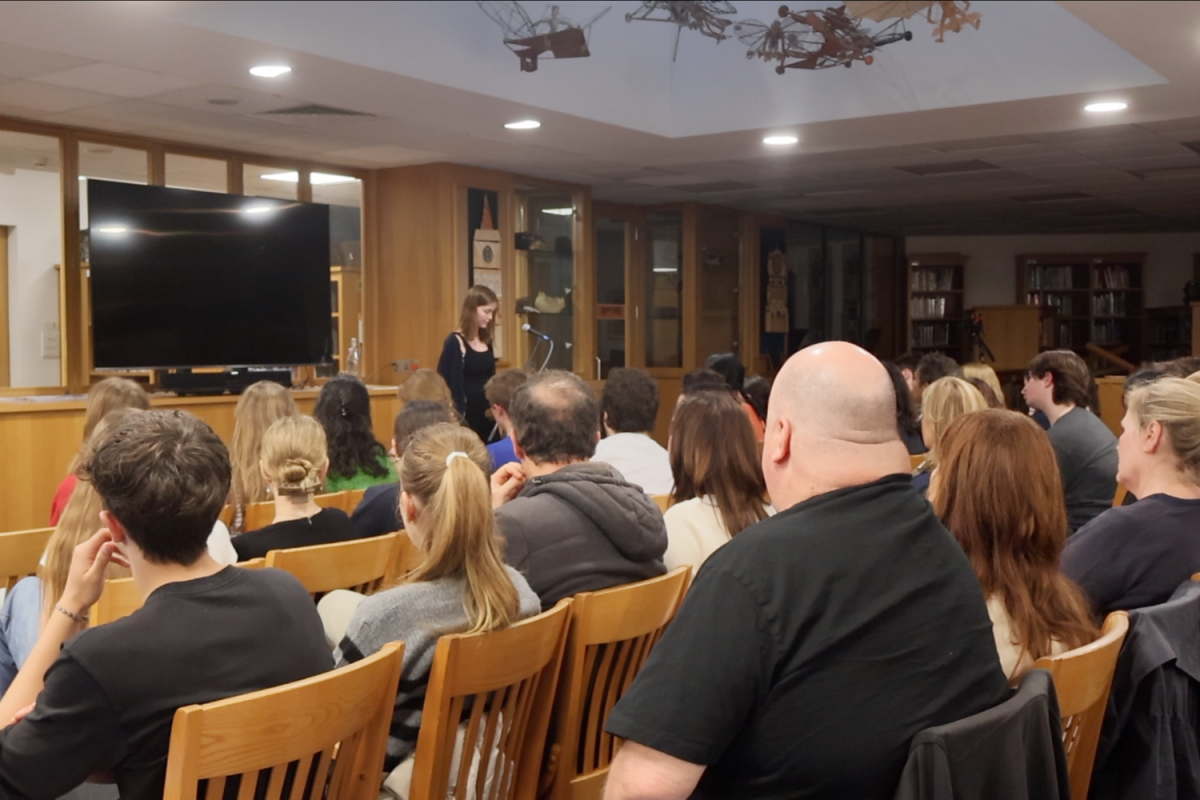

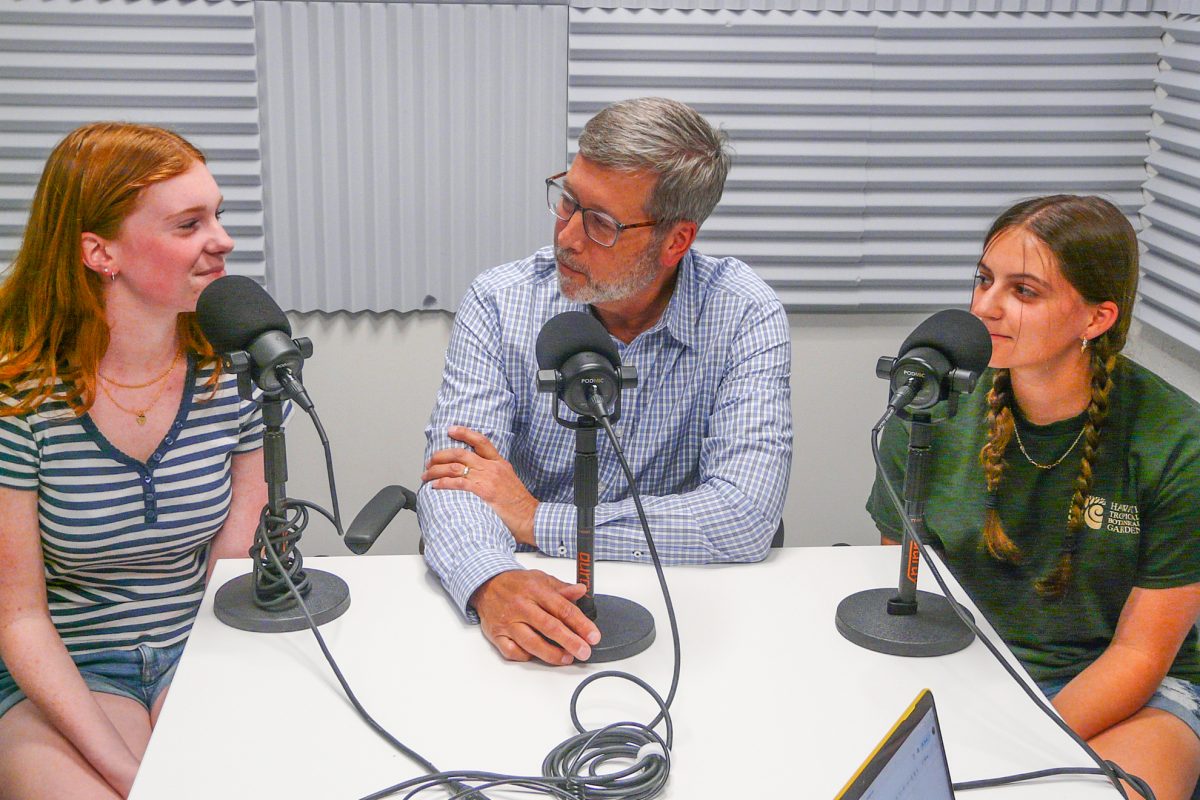
![BACKGROUND IN THE BUSINESS: Dressed by junior designer Kaitlyn Gerrie, senior Chamila Muñoz took to the “Dreamland” runway this past weekend. While it was her first time participating in the McCallum fashion show, Muñoz isn’t new to the modeling world.
I modeled here and there when I was a lot younger, maybe five or six [years old] for some jewelry brands and small businesses, but not much in recent years,” Muñoz said.
Muñoz had hoped to participate in last year’s show but couldn’t due to scheduling conflicts. For her senior year, though, she couldn’t let the opportunity pass her by.
“It’s [modeling] something I haven’t done in a while so I was excited to step out of my comfort zone in a way,” Muñoz said. “I always love trying new things and being able to show off designs of my schoolmates is such an honor.”
The preparation process for the show was hectic, leaving the final reveal of Gerrie’s design until days before the show, but the moment Muñoz tried on the outfit, all the stress for both designer and model melted away.
“I didn’t get to try on my outfit until the day before, but the look on Kaitlyn’s face when she saw what she had worked so hard to make actually on a model was just so special,” Muñoz said. “I know it meant so much to her. But then she handed me a blindfold and told me I’d be walking with it on, so that was pretty wild.”
Caption by Francie Wilhelm.](https://bestofsno.com/wp-content/uploads/2024/05/53535098892_130167352f_o-1200x800.jpg)




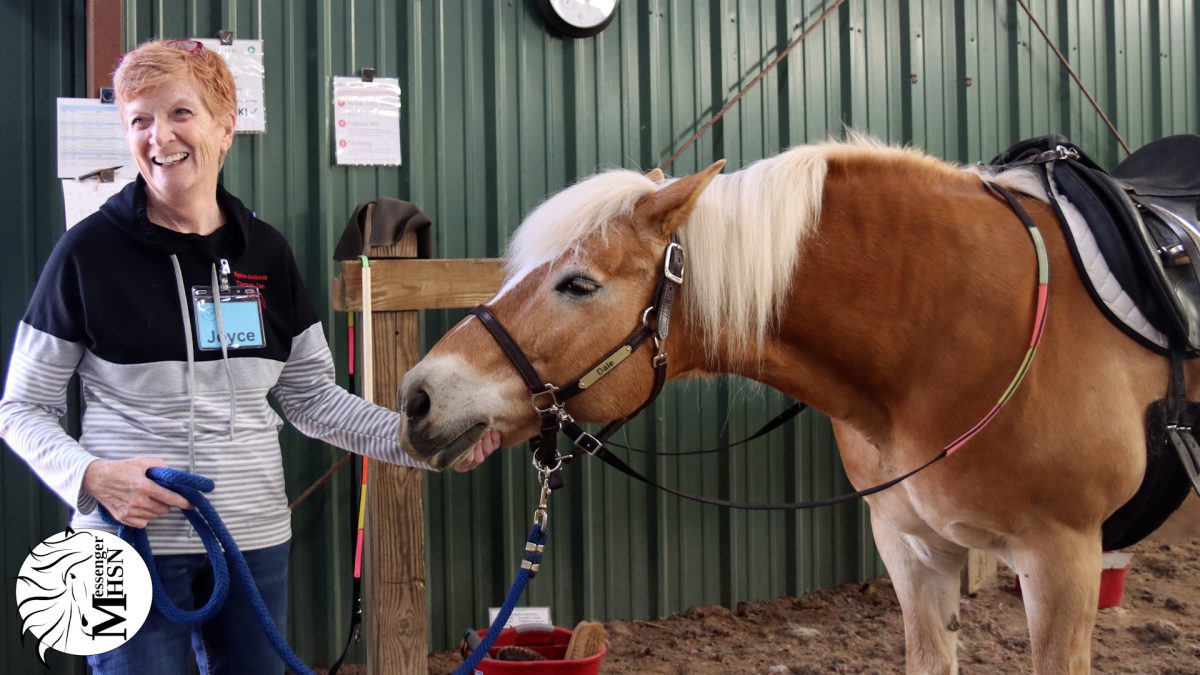



![The Jaguar student section sits down while the girls basketball team plays in the Great Eight game at the Denver Coliseum against Valor Christian High School Feb. 29. Many students who participated in the boys basketball student section prior to the girls basketball game left before half-time. I think it [the student section] plays a huge role because we actually had a decent crowd at a ranch game. I think that was the only time we had like a student section. And the energy was just awesome, varsity pointing and shooting guard Brooke Harding ‘25 said. I dont expect much from them [the Golden Boys] at all. But the fact that they left at the Elite Eight game when they were already there is honestly mind blowing to me.](https://bestofsno.com/wp-content/uploads/2024/05/IMG_7517-e1716250578550-450x600.jpeg)
